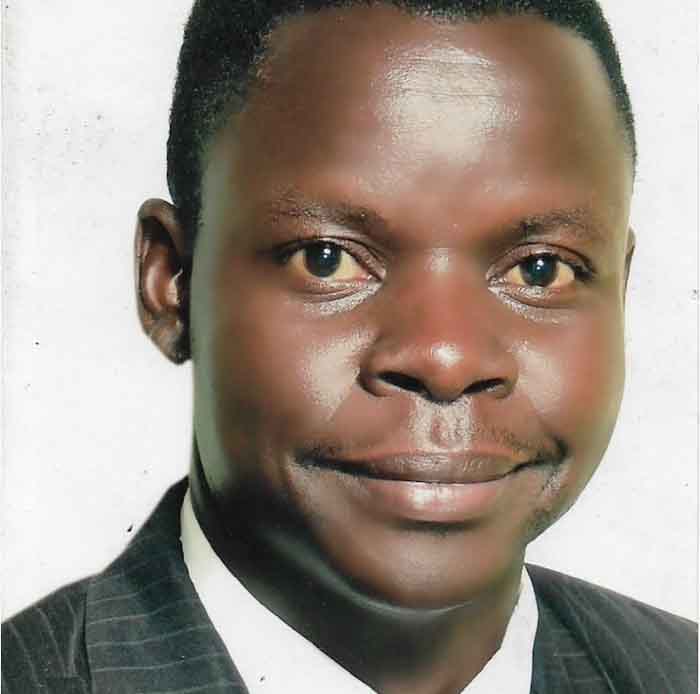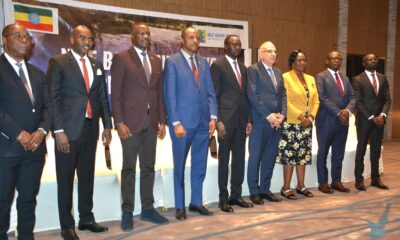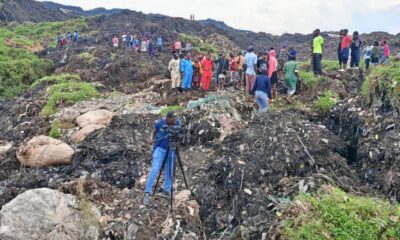Guest Writer
Why panic engulfs leaders in their pursuit of a legacy

Author: Muzafalu Ssentongo
When leaders are about to pave way for others – to finally make their exit, they face one common and biggest challenge – fine tuning and consolidating their legacy.
Legacy is about what the leader wants to be remembered for when they finally quit power. Most leaders would wish to leave behind positive, permanent and enviable footmarks but this doesn’t come easy. To achieve this, they have to walk the journey rather cautiously.
Not that every goal may be achievable, therefore different leaders tend to prioritise what they want to achieve and sustain during their tenures. They want to set records that will be remembered for generations and generations. They strive to ensure that their successes eclipse their failures.
President Museveni’s targets are not necessarily the same as Kagame’s or Uhuru Kenyatta’s and vice versa. For example no one can underestimate President Paul Kagame when it comes to the reconciliation of his people and fighting corruption. He may be second to none across the continent. Kagame will for long be remembered for being a formidable pillar in reconciling and uniting the people of Rwanda.
In today’s Rwanda, the once common identity of Hutu or Tutsi is now virtually non- existent. They are now one people. However, he has his weaknesses especially in human rights observance, among others.
Before Mr. Museveni assumed power in 1986, Uganda’s general stability and security infrastructure was immensely fragile. He prioritised rigorous and professional military training to his forces.
The President chose to prioritise security not only internally but also in the region and diaspora. There are sometimes pockets of insecurity here and there but more often than not, the situation is normally contained and restored.
Mr. Museveni played a significant role in the restoration of cultural institutions.
He also introduced universal primary and secondary education, fixed some infrastructure, especially roads, among others. So those may form part of his legacy.
Nevertheless, Uganda’s human rights record and press freedom are still wanting.We have sharply deteriorated in our human rights record. Corruption is also still a menace!
For Mr. Museveni to finetune, consolidate and sustain his legacy, he may have to do the following;
• Reconcile and return his colleagues with whom he started;
• revive and consolidate his earlier achievements;
• sustainably accelerate his fight against corruption;
• improve the country’s human rights record;
• reconcile with his notorious political foes;
• leave before people overwhelmingly and massively turn against him, among others.
It becomes almost inevitable for a leader that has reigned for a period like that of Mr. Museveni to avoid serious political disagreements with his political counterparts.
Libya’s Gaddafi, autocratic as he was, had prioritised social services and improving people’s living standards. For instance, he introduced the construction of free houses for the youth. He also laboured hard to green vast parts of Libya by drawing water from a river he created from the oases.
President Uhuru Kenyatta, who is nearing his exit, has for long been struggling to unite Kenyans and fix mega physical infrastructure such as roads, railways lines, airports and bridges, among others. His weaknesses notwithstanding, those may form part of his legacy.
Almost all American heads of state have been struggling to uproot global terrorism among other endeavors. This forms part of what they want to be remembered for.
As leaders close in for retirement, they often panic to fulfil their commitments in order to fine-tune their legacy.
Comments


















